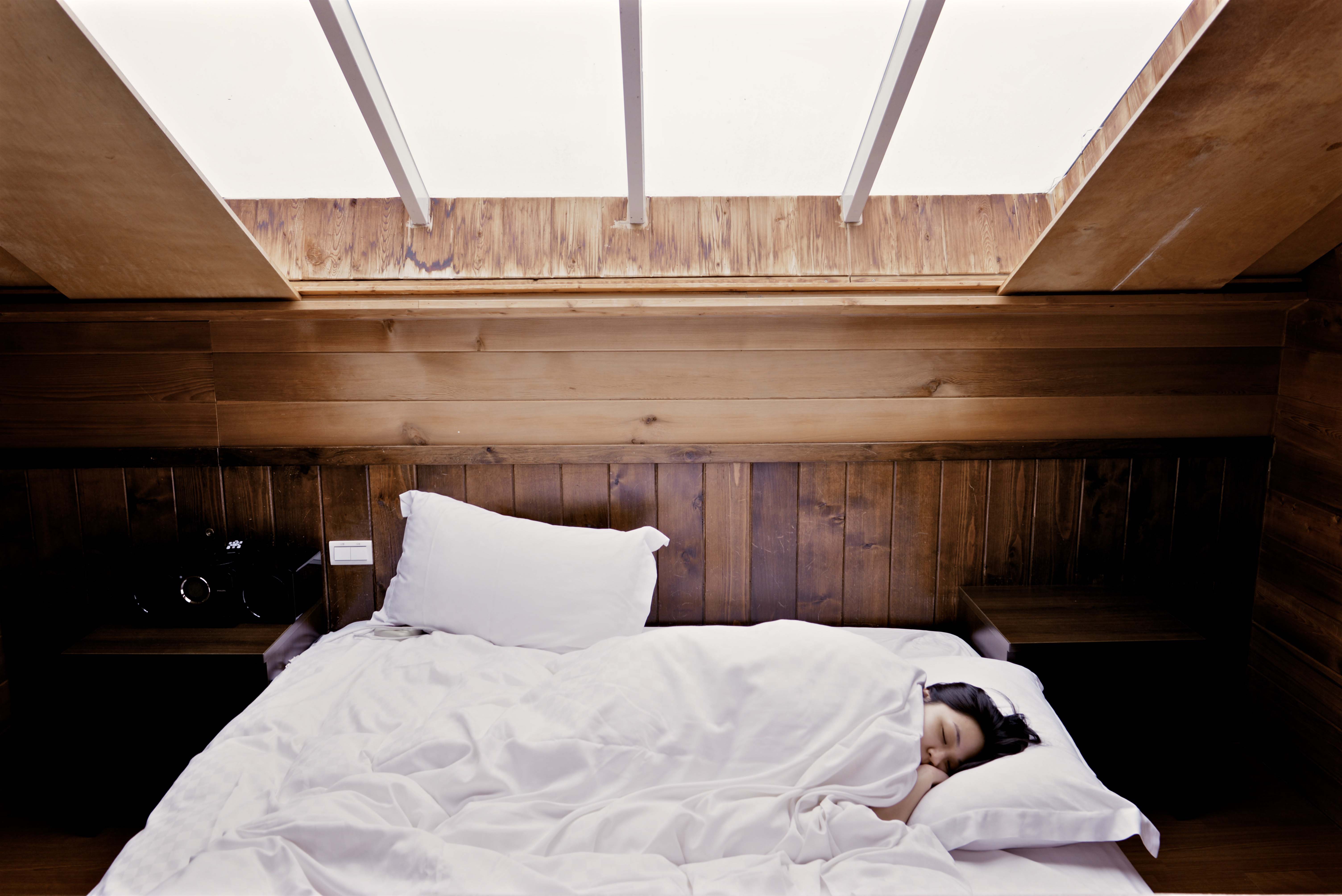
Part 1 of 3: Sleep
Unfortunately, only about 50% of U.S. consumers are somewhat engaged in their health and healthcare (U.S. Consumer Are Still Not Engaged With Their Health). Physical health has big impacts on mental and emotional health. Healthier people are more creative and productive (Food, Sleep, Exercise: Why you seriously need all 3 to be successful). We break down Physical Energy into three parts, we call SaNE:
- Sleep
- Nutrition
- Exercise
Small changes in behavior in these three areas can dramatically improve your health and productivity. Let us dig into each area to see how we can hack our behavior to feel better and have more physical energy.
Sleep
In the US, the Center of Disease Control (CDC) estimates 1/3 of Americans (83M) don’t get enough sleep. That is a big mistake. Sleep is the number one thing you can do to improve your physical energy and increase your productivity. The National Center for Health Research states, “Recent studies have found that lack of adequate sleep is related to weight gain, sexual problems, reduced concentration, mental health problems, cancerous tumors and even Alzheimer’s disease.” Sleep is essential for your brain. The brain clears toxins out of your brain when you sleep (Jeff lliff: One more reason to get a good night’s sleep). Multiple studies show how getting enough sleep improves mood and performance; sleepy driving has been shown to be as bad as intoxicated driving. A recent study found that people who had 6 hours a day of sleep for two weeks performed as badly as people deprived of sleep for 48 hours, even though they thought they were performing well. During sleep, your memories during the day go into long-term memory (How the brain consolidates memory during deep sleep). Not only is it important for creating new memories, but also for strengthening existing memories. So, if you spend time reading and learning, get a good night’s sleep to lock in that goodness.
So, how much sleep is enough sleep? Sleep cycles run around 1.5 hours (Can big data help you get a good night’s sleep?). A sleep cycle is when we go through multiple stages of sleep, including REM sleep. Studies show between 7 and 8 hours of sleep are ideal (7.5 hours is 5 sleep cycles). When we wake up in the middle of a sleep cycle, we feel groggy. Though sleeping pills give the appearance of sound sleep, they have been shown to disrupt sleep cycles and you lose many benefits of sleep. About 1 in 4 Americans have sleep disordered breathing, which can also disrupt sleep cycles. Sleep apnea causes you to stop breathing and wakes you up continually out of sleep cycles. If you snore loudly, snore regularly, or wakeup with headaches feeling unrested, you should get checked. Drinking alcohol late at night has also been shown to disrupt sleep cycles.
Here are a couple of tricks for getting a good night’s sleep. While adrenaline wakes the body up, melatonin helps the body sleep. Taking melatonin an hour before bedtime can help you sleep better. Avoid blue light at night because it impedes your body’s natural melatonin generation. Most computers and phones have a night-time mode that reduces blue light emission. Keep your sleeping space dark. Soft music on a timer can also help. If you get a short night’s sleep (it happens), naps help. A quick fix if you feel tired during the day or emotionally stressed, a 20-minute nap can clear that tired feeling and bad emotional state. It is enough time to relax, but not too much to make you groggy.
Sleep is the number one thing that will help your performance. Make sleep a priority in your life. There is nothing like starting the day feeling rested to start your day right.
Written by Guy Bieber
Inspire – Be Inspired – Create Amazing Experiences
When you need The Guy: @theguybieber theguybieber@karmas.co bookings@thepotentialbook.com
Preorder Potential today at: https://www.thepotentialbook.com/preorder/
Recent Comments